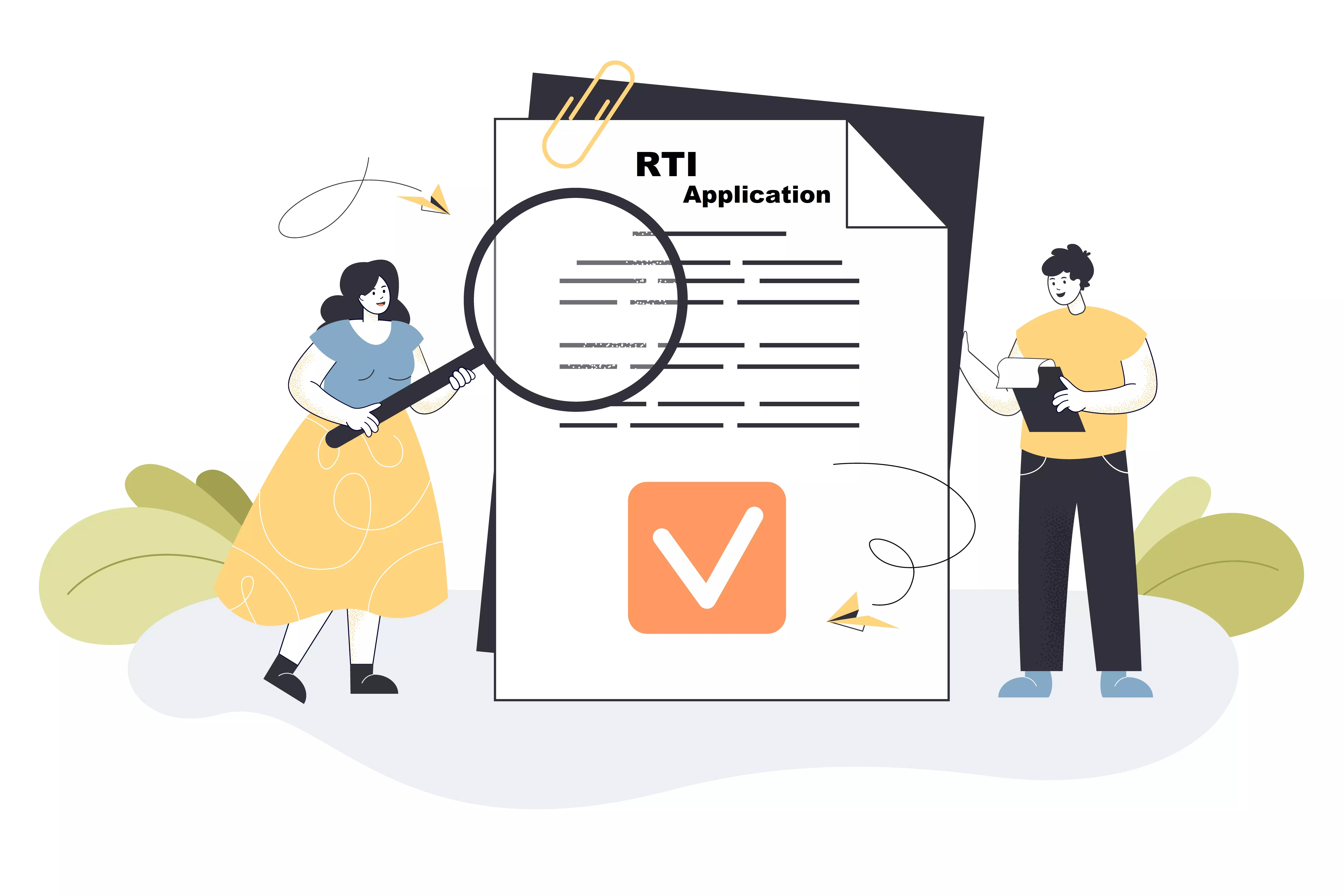The SC/ST (Prevention of Atrocities) Act, 1989: An Overview with recent Judgements
The SC/ST (Prevention of Atrocities) Act, 1989: An Overview
The SC/ST (Prevention of Atrocities) Act, 1989 is a landmark
legislation that aims to protect the rights and dignity of the Scheduled Castes
and Scheduled Tribes from various forms of discrimination and violence. The Act
was enacted in response to the persistent and widespread atrocities committed
against the SC/ST communities, such as untouchability, social boycott, forced
labour, sexual exploitation, land grabbing, and murder. The Act provides for
special courts, special public prosecutors, relief and rehabilitation measures,
and enhanced punishments for the perpetrators of such crimes. The Act also
imposes a duty on the state to prevent and control the atrocities and to ensure
the safety and security of the SC/ST communities.
The Act has been amended several times to make it more effective
and stringent. The most recent amendment was made in 2018, which restored the
original provisions of the Act that were diluted by the Supreme Court in 2018.
The Amendment Act also inserted a new Section 18A, which stated that no
preliminary inquiry or prior approval would be required for registering an FIR
or arresting an accused under the Act and that no anticipatory bail would be
granted to any person accused of committing an offence under the Act.
The Act has been challenged and interpreted by the Supreme Court
in different cases. Some of the recent judgments related to the Act are:
In March 2018, the Supreme Court in Subhash Kashinath Mahajan vs
The State of Maharashtra diluted some of the provisions of the Act, such as
requiring a preliminary inquiry before registering an FIR, granting
anticipatory bail to the accused, and mandating the approval of a senior
officer before arresting the accused. The Court said that these safeguards were
necessary to prevent the misuse of the Act and protect innocent persons
from false accusations. However, this judgment sparked widespread protests and
criticism from various groups and political parties, who argued that it
weakened the Act and violated the rights of the SC/ST communities.
In August 2018, the Parliament passed the Scheduled Castes and
Scheduled Tribes (Prevention of Atrocities) Amendment Act, 2018, which restored
the original provisions of the Act and nullified the Supreme Court’s judgment
in the Subhash Kashinath Mahajan case. The Amendment Act also inserted a new
Section 18A, which stated that no preliminary inquiry or prior approval would
be required for registering an FIR or arresting an accused under the Act and
that no anticipatory bail would be granted to any person accused of committing
an offence under the Act.
In February 2020, the Supreme Court in Prithvi Raj Chauhan vs
Union of India upheld the constitutional validity of the Amendment Act of 2018
and rejected the petitions challenging it. The Court said that the Parliament
had the power to amend the law and that the Amendment Act was not arbitrary or
discriminatory. The Court also said that the SC/ST communities still face
atrocities and discrimination in various forms and that the Act was enacted to
protect their fundamental rights and dignity.
In November 2020, the Supreme Court in Vikas Kumar Roorkewal vs
State of Uttar Pradesh clarified that not every insult or intimidation to a
person belonging to SC/ST community would amount to an offence under the Act.
The Court said that there must be some intention or mens rea to humiliate or
harass the victim based on their caste or tribal identity. The Court
also said that a causal link between the accused’s act and the victim’s caste
or tribal status must be established for invoking the provisions of the Act.
The SC/ST (Prevention of Atrocities) Act, 1989 is a crucial law
that seeks to safeguard the rights and dignity of the SC/ST communities from
various forms of oppression and violence. The law has been evolving through
amendments and judicial interpretations to address the changing realities and
challenges faced by these communities. The law also reflects the constitutional
commitment and social responsibility towards ensuring justice and equality for
all citizens.
Frequently asked questions and answers on The SC/ST (Prevention of Atrocities) Act, 1989:
What is the SC/ST (Prevention of Atrocities) Act, 1989?
The SC/ST (Prevention of Atrocities) Act, 1989 is a law that aims
to protect the rights and dignity of the Scheduled Castes and Scheduled Tribes
from various forms of discrimination and violence. The Act provides for special
courts, special public prosecutors, relief and rehabilitation measures, and
enhanced punishments for the perpetrators of such crimes. The Act also imposes
a duty on the state to prevent and control the atrocities and to ensure the
safety and security of the SC/ST communities.
Why was the Act enacted?
The Act was enacted in response to the persistent and widespread
atrocities committed against the SC/ST communities, such as untouchability,
social boycott, forced labour, sexual exploitation, land grabbing, and murder.
The Act was based on the recommendations of various commissions and committees,
such as the Kaka Kalelkar Commission, the Mandal Commission, and the Bhuria
Committee. The Act was also in consonance with the constitutional provisions
and international conventions that guarantee the rights and dignity of the
SC/ST communities.
How has the Act been amended over time?
The Act has been amended several times to make it more effective
and stringent. The most recent amendment was made in 2018, which restored the
original provisions of the Act that were diluted by the Supreme Court in 2018.
The Amendment Act also inserted a new Section 18A, which stated that no
preliminary inquiry or prior approval would be required for registering an FIR
or arresting an accused under the Act and that no anticipatory bail would be
granted to any person accused of committing an offence under the Act.
What are some of the offences and punishments
under the Act?
The Act defines various offences and punishments under different
categories, such as atrocities against SC/ST persons, public servants
neglecting their duties under the Act, false or malicious cases against SC/ST
persons, etc. Some of the offences and punishments under the Act are:
Forcing a member of the SC/ST community to drink or eat any inedible
or obnoxious substance: imprisonment for a term not less than six months but
which may extend to five years and with a fine.
Dumping excreta, waste matter, carcasses or any other obnoxious
substance in premises or neighbourhood where a member of the SC/ST community
resides: imprisonment for a term not less than six months but which may extend
to five years and with a fine.
Wrongfully occupying or cultivating any land owned by or allotted
to a member of the SC/ST community: imprisonment for a term not less than six
months but which may extend to five years and with a fine.
Assaulting or using force on any woman belonging to SC/ST
community with the intent to dishonour her: imprisonment for a term not less than
six months but which may extend to five years and with a fine.
Murdering a member of the SC/ST community: imprisonment for life and
with a fine.
Public servant wilfully neglecting his duties required to be
performed by him under this Act: imprisonment for a term not less than six
months but which may extend to one year.
Giving false or frivolous information or maliciously initiating proceedings under this Act against a member of the SC/ST community: imprisonment for a term not less than six months but which may extend to five years and with a fine.
How are the cases under the Act dealt with by the courts?
The Act provides for
special courts and special public prosecutors for speedy trial and disposal of
cases under the Act. The special courts have exclusive jurisdiction to try
offences under this Act. The special public prosecutors are appointed by the state
government in consultation with the Chief Justice of the High Court. The special
courts are required to complete the trial within two months from the date of
filing of the charge sheet. The appeal against any order or judgment passed by a
special court lies only before the High Court within thirty days of such order or
judgment.
What are some of the challenges and issues faced in implementing the Act?
Despite being a progressive law, the Act faces many challenges and
issues in its implementation. Some of them are:
Low conviction rate and high acquittal rate: According to
[National Crime Records Bureau], in 2019, out of 45,935 cases registered under
this Act, only 5,763 cases resulted in conviction while 28,018 cases resulted
in acquittal or discharge. This shows that there is a huge gap between the registration and conviction of cases under this Act.
Delayed justice: According to [National Crime Records Bureau], in
2019, there were 1,08,616 cases pending trial under this Act at various stages.
This indicates that there is a huge backlog of cases under this Act that delays
justice for the victims.
Under-reporting of cases: According to [National Dalit Movement
for Justice], many cases of atrocities against SC/ST communities go unreported
due to fear of reprisal, social stigma, lack of awareness, and apathy of the
authorities. This leads to an underestimation of the actual magnitude of the
problem and denial of justice to the victims.
Misuse of the Act: According to some critics, the Act is misused by some members of SC/ST communities to settle personal scores or to harass innocent persons. They argue that the Act is prone to abuse due to its stringent provisions and lack of safeguards. However, according to [National Crime Records Bureau], in 2019, out of 45,935 cases registered under this Act, only 332 cases were found to be false or a mistake of fact or law. This shows that the misuse of the Act is not as widespread as claimed by some critics.











Comments
Post a Comment
Thanks, For Your Valuable Comment